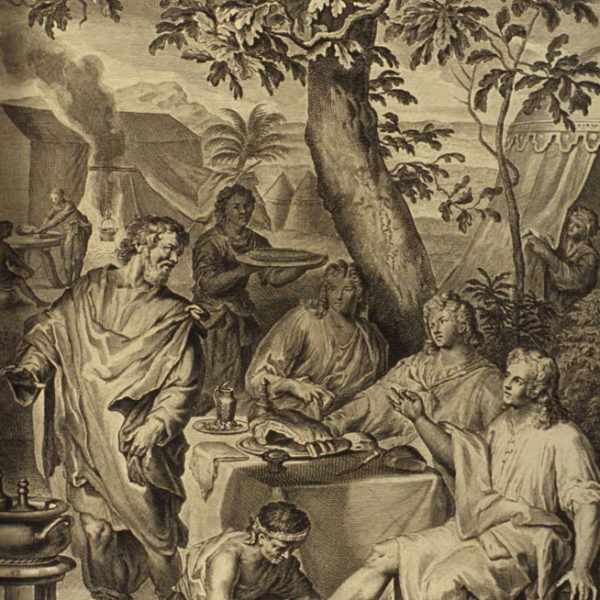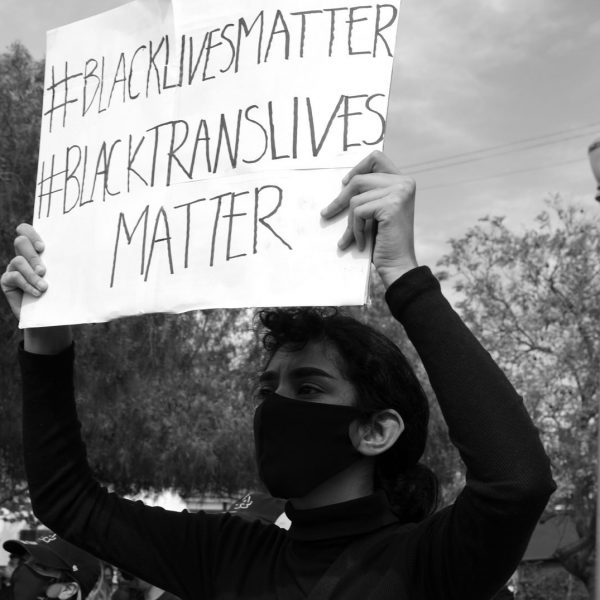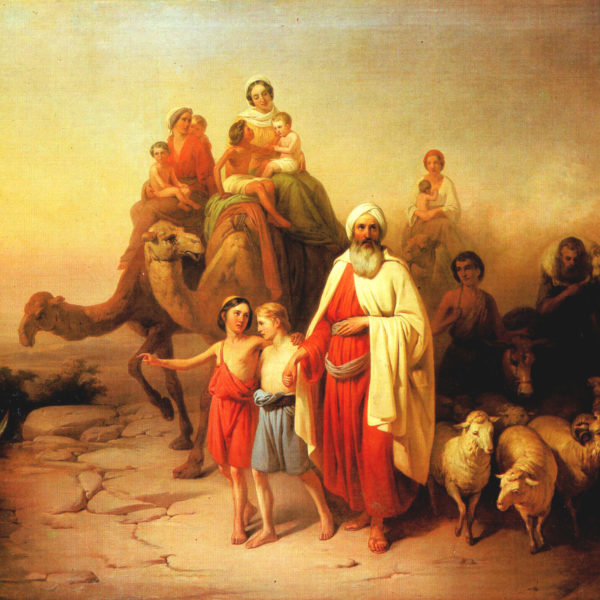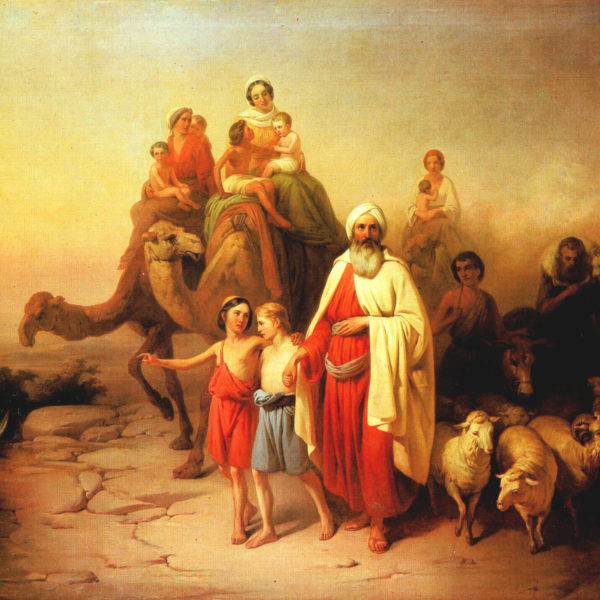
Abraham did pass the test from God in this story, but not in the way it has been interpreted for so long. Rather, Abraham passed the test by hearing and obeying the voice of the true God at the end, telling him to stop.

Properly to hear the story of Genesis 18-19, we must first unlearn all that we thought we knew about the Sodomites.

There is perhaps no biblical virtue more foreign to the contemporary Western mind than hospitality. For us, the deeply ethical connotations of hospitality for the stranger—the resident alien or refugee—have been largely replaced with a call for general neighborliness and an often all-too-partisan welcome.

Johannes de Silentio admits that “Abraham I cannot understand, in a certain sense there is nothing I can learn from him but astonishment.” Can we say the same about John Brown? Smith clearly wants us to learn from him and from what happened at Harpers Ferry, not to mention what happened six weeks later. But it is a curious sort of learning, since Brown’s exceptional status — like Smith’s subtitle — acknowledges the limits of ethics in making sense of the violence enacted by, and on, such a singular figure.


